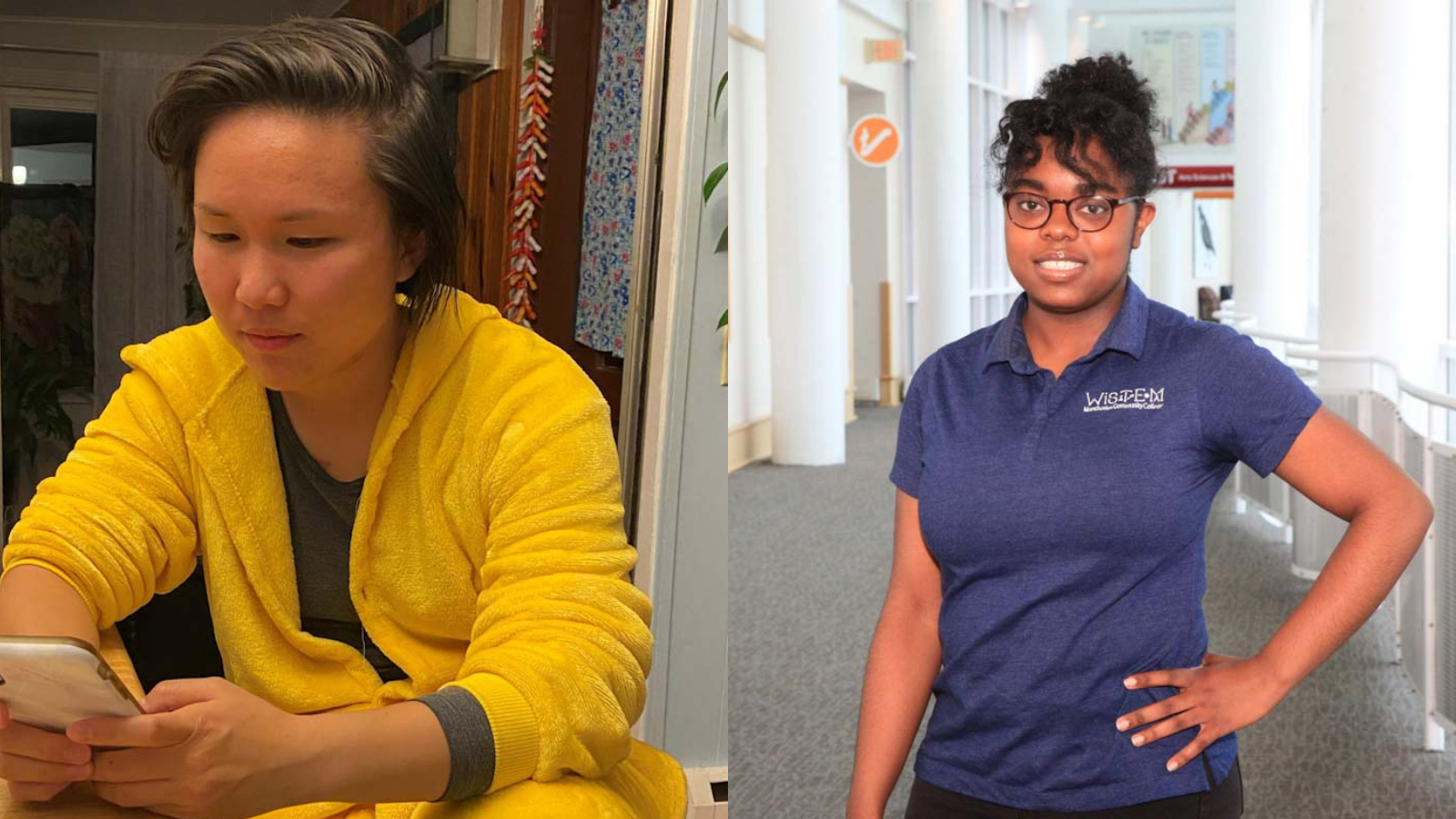For centuries, all types of people have kept journals or diaries. Unfortunately, most of them get lost in history, unless fame and fortune come the writer’s way.
The Pandemic Journaling Project is designed to make sure that does not happen during the unprecedented times of the COVID-19 pandemic. The project, which began last May, lets people all over Connecticut, the United States, and the world create a lasting record of their personal experiences. It will then serve as a data repository for researchers in the humanities, social sciences, and health sciences for decades to come.
More than 550 people from the United States and 24 other countries have so far joined the project, which is fully online and open to new contributors.
“Journaling means different things to different people — and for the Pandemic Journaling Project, it doesn’t even need to involve writing,” says UConn associate professor of anthropology Sarah Willen, who co-founded the project with Katherine Mason, an assistant professor of anthropology at Brown University. “We are inviting people to carve out a space to put their thoughts down. Of course people can write if they want to, but they can also upload photos, or speak into their phone and upload an audio file. Some entries look a lot like social media posts. Others are more systematic chronicles — or even poems. These are all terrific ways of capturing the impact of the pandemic on real people’s lives.”
The Pandemic Journaling Project is open to anyone from anywhere in the world who is 18 years of age or over. A computer is not needed to participate, only a mobile phone. Each week, participants are asked a few short survey questions, then invited to create two journal entries. The first question is the same each week – how has the pandemic affected your life in the past week? For the second entry, participants are given a choice of questions about some aspect of everyday life, ranging from finances to living circumstances to trust in government.
The project is completely anonymous. Contributors are asked to complete a short survey when they join with basic questions about gender, age, COVID-19 exposure, health status, and other topics. Answers to these questions will help researchers see patterns in how the pandemic is affecting different groups.
Each time a participant creates a journal entry, they decide whether they are comfortable making it public or not. Some public entries are shared on the project’s Featured Entries page. Journalers can also log in securely to view and download their journal at any time.
For the first 25 years after the pandemic, materials will be available only to academic researchers. Following that 25-year period, the entire collection will become a publicly accessible, University-based archive.
“Some people choose to keep all of their entries private, while others give permission to share absolutely everything — and some folks mix it up from week to week,” says Willen. “We’ve been excited to see people connect with the project in such different ways. We’re also thrilled that faculty at nearly a dozen colleges and universities are bringing PJP into their classrooms in various ways.”
An Educator Resource page, developed in consultation with the project’s advisory board, outlines some options for engaging PJP in classroom settings.
One inspiration for the Pandemic Journaling Project was an email conversation among faculty and students at UConn’s Human Rights Institute, where Willen directs the research program on global health and human rights. A comment from Richard Brown, emeritus distinguished Board of Trustees professor of history, was very meaningful to Willen.
Brown wrote: “We are not often consciously thrust into HISTORY. Now we are. It is an opportunity to learn about ourselves and our society. Afterwards, it will be an occasion to assess later mythmaking and conventional ‘wisdom’ about the pandemic.”
“This is the wisdom of a seasoned historian,” says Willen. “For me, his words confirmed that what we’re all experiencing is, in fact, historically significant and worth chronicling. They confirmed that in the future, people will really want to understand what life was like during the COVID-19 pandemic — not just from newspapers and official accounts, but in an everyday sense, in regular people’s everyday lives.
The PJP was created with seed funding from UConn Global Affairs, the Institute for Collaboration on Health, Intervention, and Policy (InCHIP), the UConn Provost’s Office, and the Human Rights Institute, and other funders at UConn, Brown University, and Trinity College. A complete list of funding sources can be found here.
The Pandemic Journaling Project has an active social media presence on Twitter, Facebook, and Instagram.
A unique feature of the Pandemic Journaling Project is that it has a diverse Student Advisory Board of about 15 members.
“It is different from social media and obviously different from textbooks,” says Corona Zhang ’20 (CLAS), a member of the board, who is a native of West Hartford and a graduate student in public health at UConn. “It’s really cool because you can see other people’s public entries and understand what they are going through in their own words.”
Both Zhang and fellow board member Adriana Sowell ’21 (CLAS) believe that recruiting a diverse group of contributors to the project is an important mission.
“I think that the power of the Pandemic Journaling Project is that you are able to listen and hear the experiences of the people actually living it from various backgrounds and identities,” says Sowell, a native of East Hartford. “That is powerful and important because there is no one person or one institution that can write a textbook that accurately recognizes all those different experiences in the way our project does. We do it in a really holistic way.”



